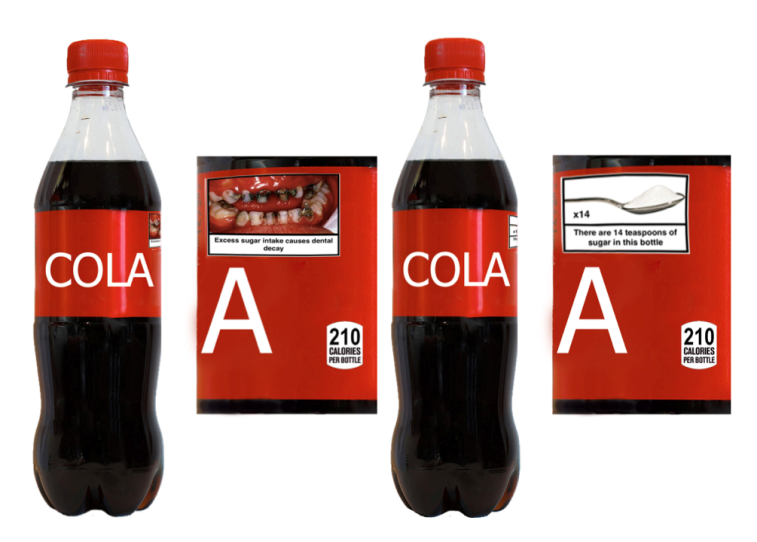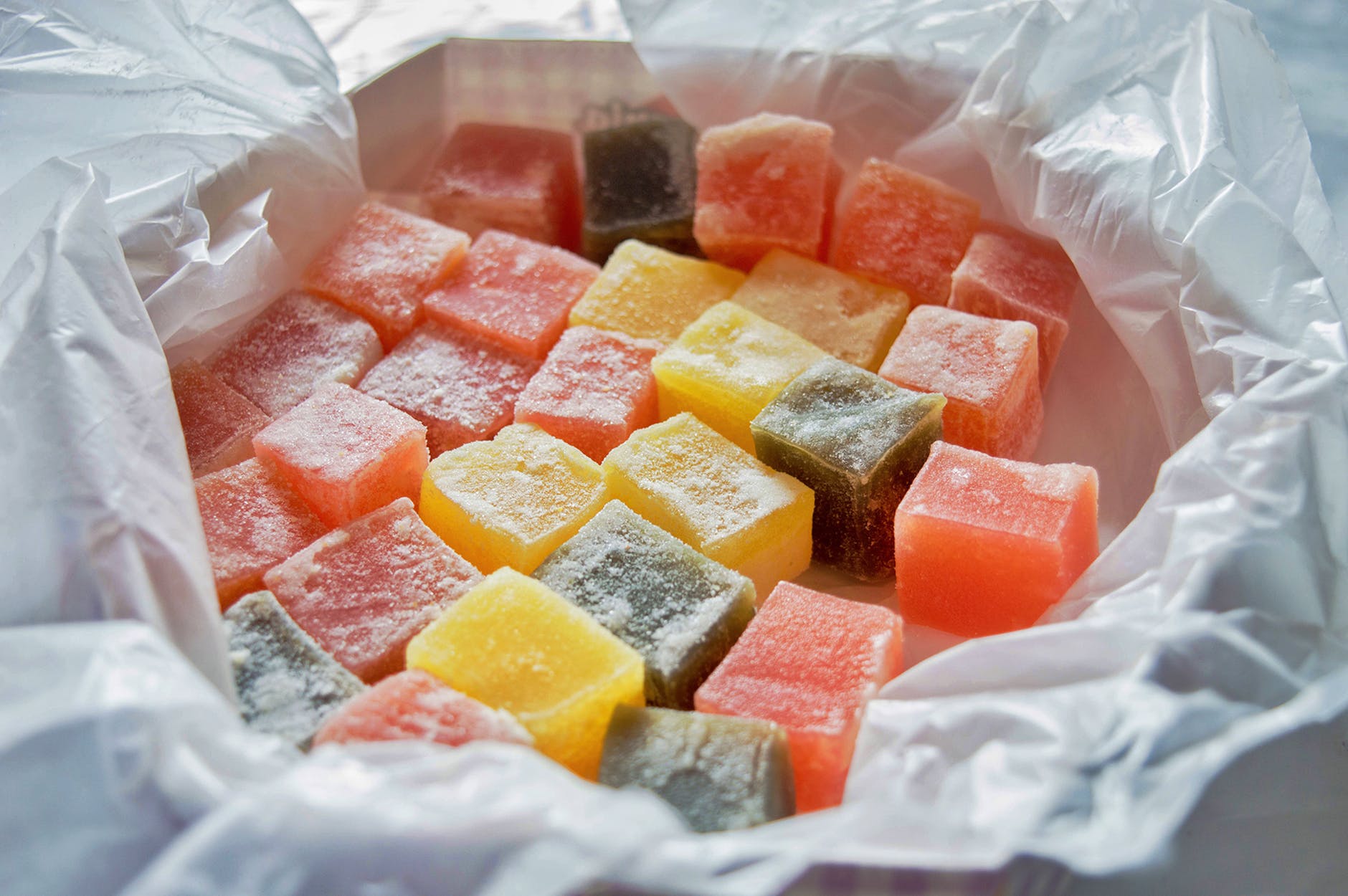 Tess Langfield has won a 2019 ‘Health and Behavior International Collaborative Award’ to conduct a psychophysiological experiment in Sydney, Australia.
Tess Langfield has won a 2019 ‘Health and Behavior International Collaborative Award’ to conduct a psychophysiological experiment in Sydney, Australia.
The award enabled Tess to travel to Australia to conduct a novel experiment using facial electromyography to measure activity in a specific facial muscle called the orbicularis oris, during sipping from glasses of different shapes. Tess visited Macquarie University, Sydney, to work with Dr Philippe Gilchrist and A/Prof Melissa Norberg on the project, which was conducted in a specialist lab at Macquarie. This project builds on her Ph.D. research, which investigates the impact of glass shape on drinking behaviours for soft drinks.
There were four other winners of the HBIC award in 2019, which was set up to enable researchers to visit an international laboratory or research group under the guidance of an identified international mentor.
To see the full text of the interview with Lucy Lloyd click here.

 We examined the impact on food selection of the number of (i) healthier and (ii) less healthy snack foods available in an online study of 1,509 adults. Offering additional less healthy options was twice as likely to affect the foods selected than offering additional healthier options. This suggests that removing less healthy as opposed to adding healthier food options could have greater impact on encouraging healthier selections.
We examined the impact on food selection of the number of (i) healthier and (ii) less healthy snack foods available in an online study of 1,509 adults. Offering additional less healthy options was twice as likely to affect the foods selected than offering additional healthier options. This suggests that removing less healthy as opposed to adding healthier food options could have greater impact on encouraging healthier selections. Our new study published in Preventive Medicine Reports on 23rd October 2018 indicates that placing image-based warning labels on SSBs reduced their selection by participating parents choosing a beverage for their children.
Our new study published in Preventive Medicine Reports on 23rd October 2018 indicates that placing image-based warning labels on SSBs reduced their selection by participating parents choosing a beverage for their children. How should academic institutions—universities, funders, and journal editors— address academic misconduct of the type now known to have been committed by Brian Wansink, John Dyson professor of marketing at Cornell University? Wansink has had a total of 13 articles retracted as of 10 October 2018, following investigation by Cornell which found “misreporting of research data, problematic statistical techniques, failure to properly document and preserve research results, and inappropriate authorship.”
How should academic institutions—universities, funders, and journal editors— address academic misconduct of the type now known to have been committed by Brian Wansink, John Dyson professor of marketing at Cornell University? Wansink has had a total of 13 articles retracted as of 10 October 2018, following investigation by Cornell which found “misreporting of research data, problematic statistical techniques, failure to properly document and preserve research results, and inappropriate authorship.” In a new paper investigating public acceptability for policy interventions to improve health (published in Social Science and Medicine 4th October, 2018), researchers tested ways to communicate quantitative evidence of the effectiveness of a hypothetical tax on confectionery to help tackle childhood obesity.
In a new paper investigating public acceptability for policy interventions to improve health (published in Social Science and Medicine 4th October, 2018), researchers tested ways to communicate quantitative evidence of the effectiveness of a hypothetical tax on confectionery to help tackle childhood obesity.